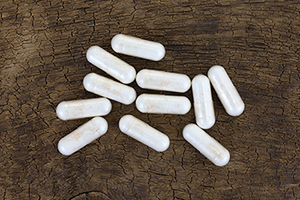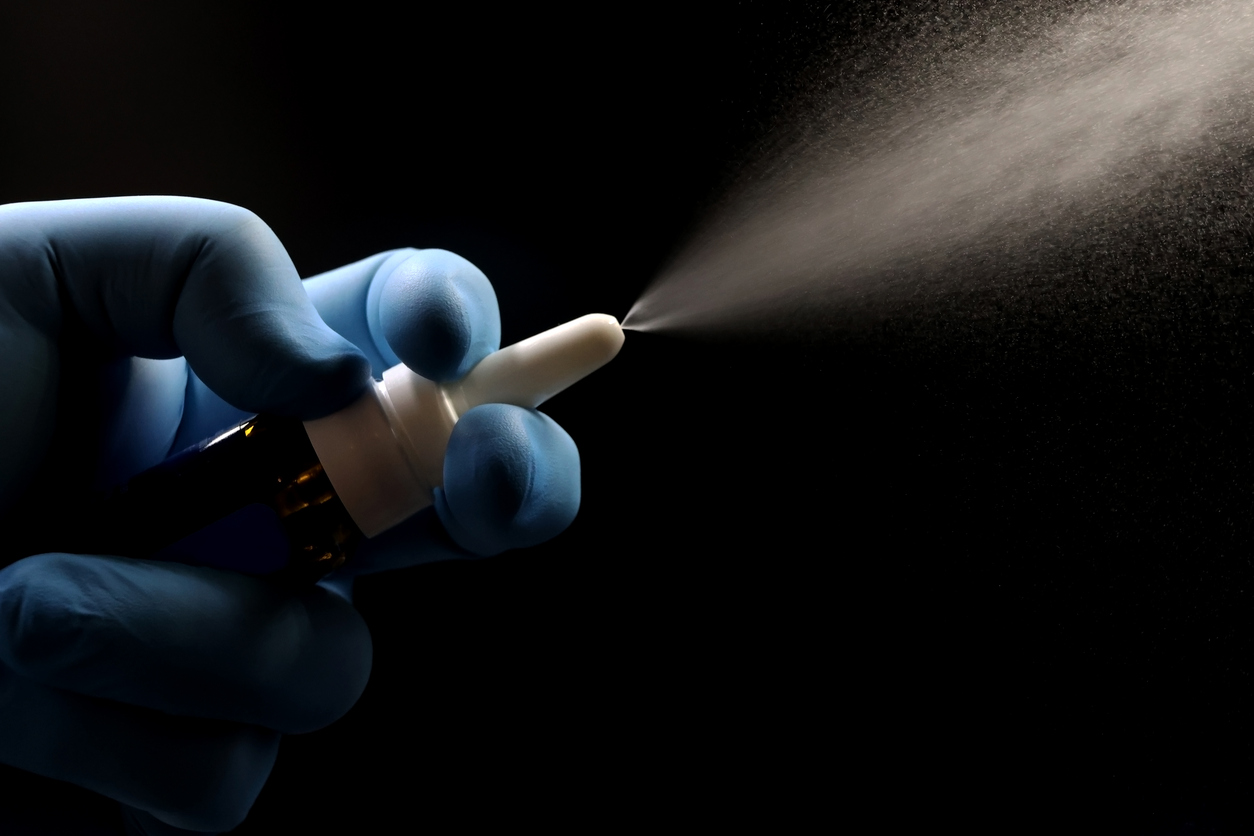I’m in the business of knowing which supplements will make the grade—for patients and my listening and reading public. I’m constantly inundated with product pitches, few of which really pan out. To maintain the credibility of my recommendations, I perform a lot of due diligence.
I’m constantly on the lookout for the next CoQ10, curcumin, or resveratrol—tried-and-true nutraceuticals which have deservedly revolutionized the health marketplace.
To make the grade, products have to fulfill these criteria:
- The science behind them has to be plausible
- Ongoing research keeps validating their benefits
- Their safety has to be beyond reproach
- The required efficacious dose has to be realistic (e.g., not twelve capsules per day)
- They have to meet a reasonable price point
- They work in a clinical setting. I have a living laboratory at my disposal. I first test all supplements on myself, and only then do I begin a limited trial with my patients, and elicit their feedback, before making a general recommendation
Nicotinamide riboside has satisfied these requirements for me.
Nicotinamide riboside is a vitamin B3 analogue that is an efficient precursor to NAD+ (Nicotinamide adenine dinucleotide). NAD+ is a key component of the body’s energy cascade. Like CoQ10 (ubiquinone), it is ubiquitous in all the cells and organs of the body. It declines with aging, physical deconditioning, and disease states. It is essential for efficient energy output of the mitochondria, the powerhouses of the cells.
The quest for a supplement to augment the body’s NAD+ levels began in the 90s when a product called “Enada” was introduced. Touted as an energy booster and as a remedy for Parkinson’s Disease, it enjoyed brief popularity. But I recognized early on that the reduced NADH it consisted of had little chance of surviving digestion, and thus of impacting performance. It has since faded from the marketplace.
But nicotinamide riboside is the real deal. Here’s where I think it has potential:
Aging. In a study performed at Lausanne University in France, researchers found that by administering nicotinamide riboside to elderly mice they achieved restoration of their organs’ ability to regenerate as well as enhanced longevity. Nicotinamide riboside works on the sirtuin pathway that is revved by caloric deprivation and resveratrol. It offers an alternative to draconian food deprivation as a way of extending lifespan. It appears to revitalize stem cells so they can execute repair functions within the body.
Neurological disorders. The application of nicotinamide riboside to a wide array of neuro- degenerative conditions is now the subject of intense research: Parkinson’s Disease, multiple sclerosis, optic neuritis, peripheral neuropathy, post-stroke, traumatic brain injury (TBI), sudden-onset hearing loss, and Alzheimer’s Disease. What these disorders have in common is that they represent varying degrees of mitochondrial dysfunction in high-energy demand neurons. Restoration of mitochondrial efficiency offers a plausible avenue of improvement.
Metabolic conditions. Metabolic syndrome with associated obesity is a pathway to diabetes and atherosclerosis, making it the world’s most pervasive cause of preventable premature death. Inefficient energy expenditure is implicated in metabolic syndrome, making nicotinamide riboside a likely candidate to ameliorate it. Indeed, animal studies show that nicotinamide riboside prevents obesity in fat-fed mice; it also reduces insulin resistance, prevents fatty liver, lowers cholesterol and LDL without diminishing HDL, and enhances thermogenesis and endurance. Its effects in this regard are similar to those of resveratrol, which also acts on sirtuin pathways.
Fatigue states. NAD+ is one of the body’s premier energy molecules; deficiencies of NAD+ production are characteristic of aging and debilitation. Many researchers suspect that chronic fatigue syndrome and fibromyalgia are, at least in part, disorders of mitochondrial metabolism. Nicotinamide riboside is a likely candidate to join such supplements as magnesium, B vitamins, CoQ10, l-carnitine, acetyl-l-carnitine, vitamin D, NT Factor, d-ribose, and PQQ as plausible mitochondrial facilitators.
Athletic performance. There’s every reason to suspect that nicotinamide riboside could be an aid to athletic performance. First, it enhances mitochondrial energy output, which should translate to improved strength and stamina. And second, it could ameliorate delayed-onset muscle soreness (DOMS), which places a ceiling on training intensity. Unfortunately, human studies are lacking, but I feel my endurance has improved since I began taking it.
Cancer. No one is saying that nicotinamide riboside is a panacea for cancer. But studies raise the intriguing possibility that it may shield DNA from the cumulative damage that leads to cancer mutations. In a mouse model of liver cancer, animals were protected from tumor development by nicotinamide riboside. More research needs to be performed to see if these results are applicable to humans.
A word on dosing. How much nicotinamide riboside does one need to take to obtain benefits? A 2015 study showed a single 100mg dose of NR was effective in raising NAD+ levels by 30%; 300mg and 1000mg dosages showed a 50% increase in NAD+ levels. The increase in NAD+ levels were longer lasting at the higher dosages. A longer term study of NR taken daily for eight consecutive weeks is underway to measure NAD+ increase from NR and to determine the most effective dosage.
My preferred nicotinamide riboside supplement comes in a 300mg capsule, with package instructions to take one capsule daily. I’ve found that for some patients, that’s not enough to truly notice a difference, but upping to two capsules daily (600 mg) provided a more noticable increase in energy levels.
Therefore, I would suggest a two-week trial of that dose. If you don’t experience subjective benefits in energy or performance after two weeks, then you may be a non-responder. Of course, that doesn’t preclude the possibility that you might still garner long-term anti-aging benefits from nicotinamide riboside which aren’t reflected in an immediate pep boost.
Additional references:
Mitochondria and Aging: ‘Remarkable’ Effects for Nicotinamide Riboside in Mice, Says New Study
Vitamin Supplement Successfully Prevents Noise-Induced Hearing Loss








